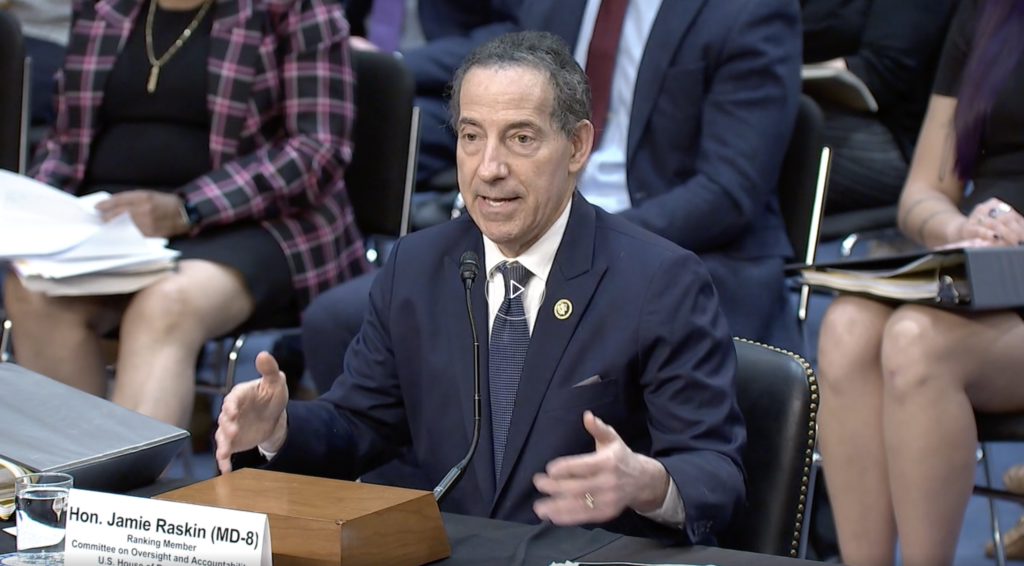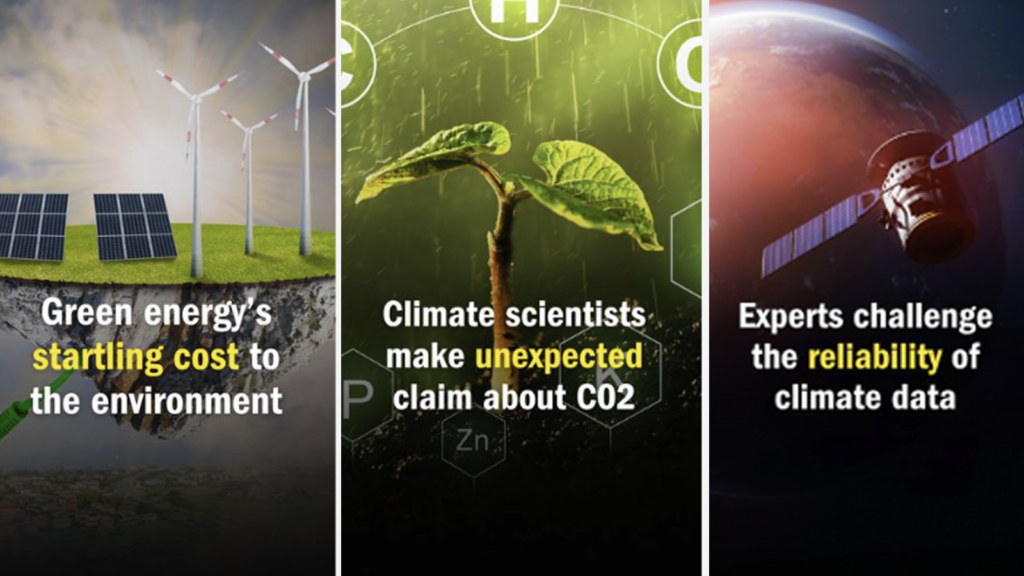Congress has less than a week left to finish delivering promises for their donors before they head out for a month-long August recess undoubtedly filled with campaigning, and members aren’t wasting any time in their attempts to suck up to the dirty energy industry.
It is simple math: Congress currently has a 15% approval rating, and every single seat in the House of Representatives is up for election this year (as it is every two years). Reports show that the candidate with the most money wins 91% of the time.
When 80% of the public disapproves of the job that you’re doing, the only way to counter that negativity is with a massive advertising blitz, and that costs a lot of money. In order to satisfy the equation, Republicans in Congress are hoping to secure money from electric utilities.
They know what they need, and they also know how to deliver. Republicans in Congress have launched relentless attacks on the Environmental Protection Agency (EPA), specifically targeting the agency’s power plant pollution rules that require a 30% reduction in emissions by the year 2030.
Leading the charge is the House Appropriations Committee, chaired by Republican Hal Rogers. The committee’s Republicans were able to push through a spending bill that cuts deeply into EPA funding, and also takes aim at some of the agency’s most aggressive climate change initiatives.
As mentioned above, the main target of the committee was the EPA’s power plant rule, but it also tries to defang the EPA’s proposed rules on corporate dumping in waterways. The ranking Democrat on the committee, Jim Duran, said that there were at least 24 measures in the Republican budget that were designed as “veto bait” for President Obama, which would give the campaigning Republicans an edge when it comes to vying for dirty energy funds.
Overall, the bill cuts the EPA’s budget by 9% from last year’s total.
While there is roughly a 0% chance that this budget will end up being signed by the President, Duran is spot on with his analysis of what this measure is actually designed to do.
Electric utilities have already thrown more than $14 million into political campaigns this year, with 62% of that total going to Republicans. They are the ones most likely to be affected by the EPA’s power plant rules. (The oil and gas industries have also chipped in more than $27 million this year, with 87% of that money going to Republicans.)
Should House Republicans succeed in their efforts to pander for dirty energy dollars, they would have the necessary foundation to frame the EPA’s power plant emission rules as unnecessary “job killing” regulations. These attacks are already underway on a national level, but in order to use the issue in a campaign, they’ll have to bring the issue down to the local level.
Control over the framing of the issue will put their opponents in the unpleasant position of having to play defense on the issue. The defense talking points are easy to come by, but it is unlikely that any candidate will spend the time fully explaining the benefits of the EPA’s rules to public health and the economy.
For example, a recent independent study found that the power plant emission rule (cut 30% by 2030) will not be the job killer that opponents have been warning about.
In fact, states that have implemented pollution reduction technologies in compliance with the law have experienced both economic and jobs growth as a direct result of the new standards. And that is just within the first few quarters of implementation. Long term projections show that the reduction in air pollution will continue to benefit public health, thereby reducing the burden on taxpayers and the state from preventable illness.
But that explanation doesn’t fit into a 10-second sound bite, and will likely never be mentioned by a candidate fighting an industry-funded opponent.
The dirty energy industry has been slightly less generous this election cycle, but this last-minute giveaway could be the sign that they were waiting for to open up their wallets.
Subscribe to our newsletter
Stay up to date with DeSmog news and alerts






